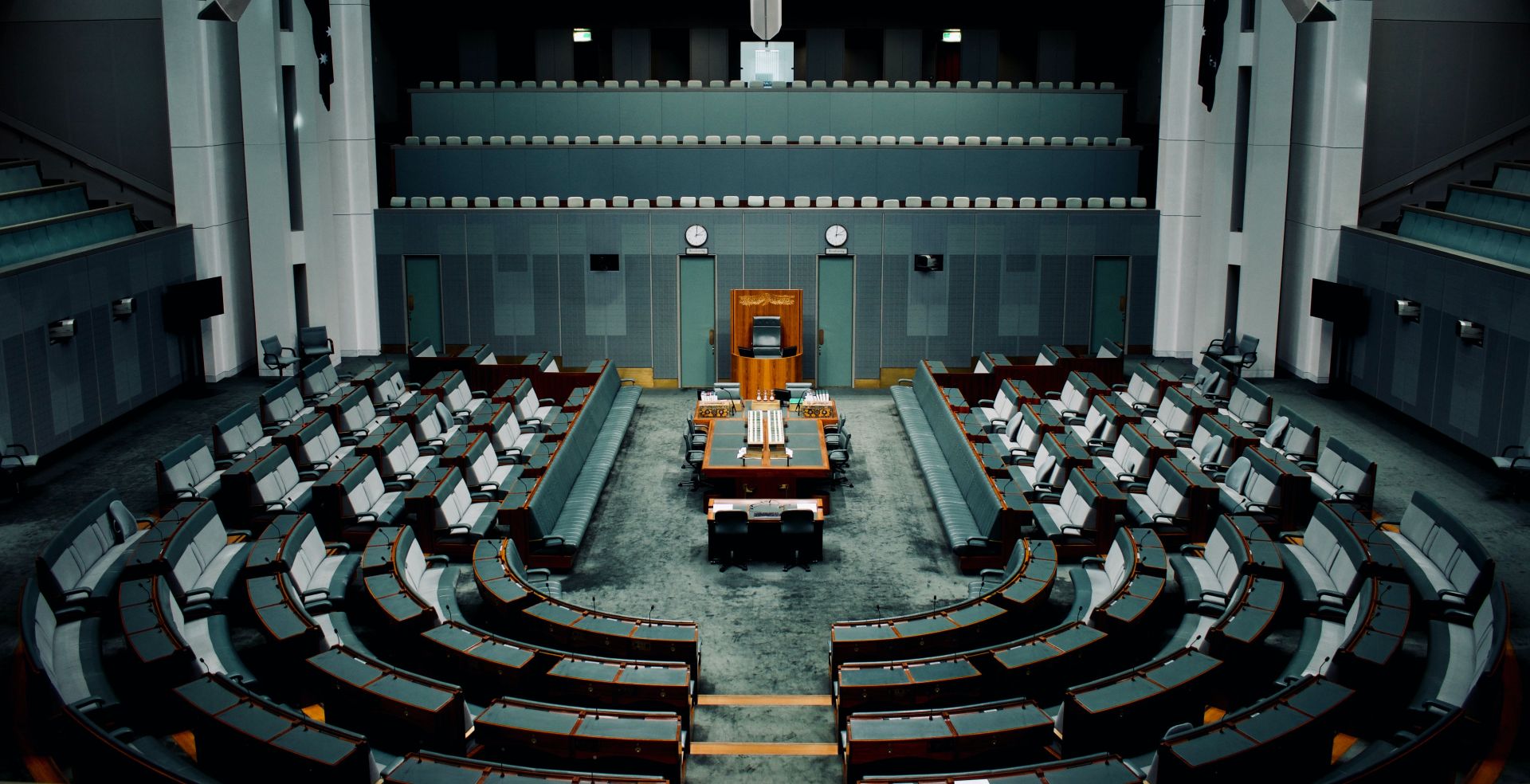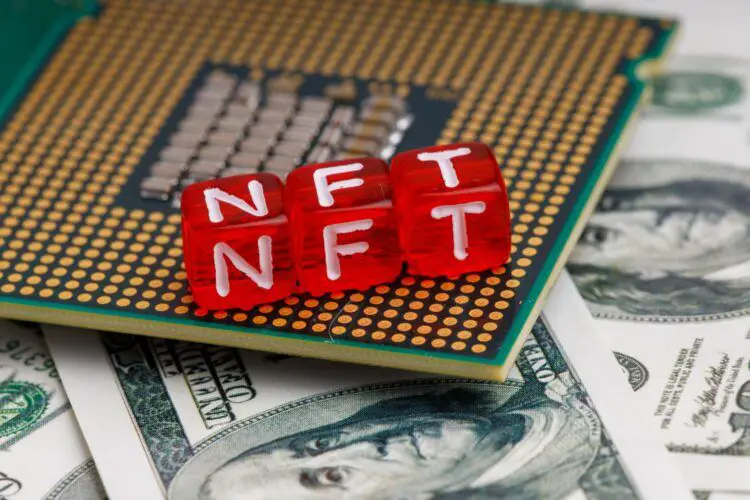Today, the SEC took its inaugural enforcement action involving NFTs, settling with the issuer of the NFTs, Impact Theory. The SEC Impact Theory complaint says that the NFTs were unlicensed.
According to the SEC, Impact Theory’s NFTs were classified as unlicensed securities. As part of the settlement, the company consented to a cease-and-desist order, paid $6.1 million in penalties, and committed to destroying all relevant NFTs under its control. Impact Theory will also forgo any royalties from secondary market sales of these NFTs.
In 2021, the company sold Founder’s Keys NFTs in three tiers, encouraging potential investors to consider their investments in the business. The SEC complaint states that Impact Theory conveyed that investors would gain profits from these NFT purchases if the company succeeded. The funds generated were intended for development, expanding the team, and creating more projects, with aspirations to become “the next Disney.”

SEC Impact Theory complaint shows the NFT line was unlicensed
The SEC Impact Theory complaint reads that the NFT line was unlicensed, and the organization has also listed its regulations.
One Impact Theory team member even compared their Legendary tier to getting in on Disney during its early days, referencing Steamboat Willie. However, whether the SEC’s action reflects a broad categorization of NFTs as securities offerings remains uncertain. The complaint centers on the marketing and use of proceeds. Certain NFT ventures, like NBA Top Shot, emphasize their collectible nature, diverging from the entertainment company IP development model.
“Now as we’re building out this IP, imagine that you could’ve gotten in on Disney when they were doing Steamboat Willie, and that’s how we think of the Legendary tier. That’s how we think of this whole first drop, quite frankly,” an Impact Theory team member said.
Is Ticketmaster NFT Integration the future of ticketing?
Despite this, two SEC commissioners, Hester Peirce, and Mark Uyeda, dissented, noting the lack of dividends for NFT owners and questioning the promise as an investment contract. They also raised inquiries about guiding NFTs as an asset class. Hermine Wong, former head of policy at Coinbase and an ex-SEC regulator, suggests this showcases the SEC’s strategy in crypto-related matters.
The SEC Impact Theory complaint implications do not definitively indicate whether the SEC considers NFTs to be securities offerings on a broad scale. The primary focus of the SEC complaint revolves around the marketing approach employed for the NFTs and the intended utilization of the generated proceeds.

Contrasting cases exist, such as NBA Top Shot, where certain NFT projects assert that their offerings are akin to collectibles. In such cases, the NFTs are not positioned as a means to construct intellectual property for entertainment entities. Additionally, the NBA Top Shot team has not asserted that the proceeds will contribute to the project’s development.
The broader regulatory landscape surrounding crypto, including jurisdictional authority, remains uncertain. NFTs, a subset of the crypto world, gained immense popularity in 2021. While NFTs serve diverse purposes, from exclusive chatroom entry to valuing digital art, some pledge artist royalties during resale.
Ducati NFT will be revealed on XRP Ledger
“We understand why the Commission was concerned about this NFT sale. Even though we believe strongly that adults should be able to spend their money as they choose, we share our colleagues’ worry about the type of hype that entices people to spend almost $30 million for NFTs seemingly without having a clear idea about how they will use, enjoy, or profit from them. This legitimate concern, however, is not a sufficient basis to pull the matter into our jurisdiction. The handful of company and purchaser statements cited by the order are not the kinds of promises that form an investment contract. We do not routinely bring enforcement actions against people that sell watches, paintings, or collectibles along with vague promises to build the brand and thus increase the resale value of those tangible items,” the SEC Impact Theory complaint read.
Featured image credit: Andrey Metelev/Unsplash





